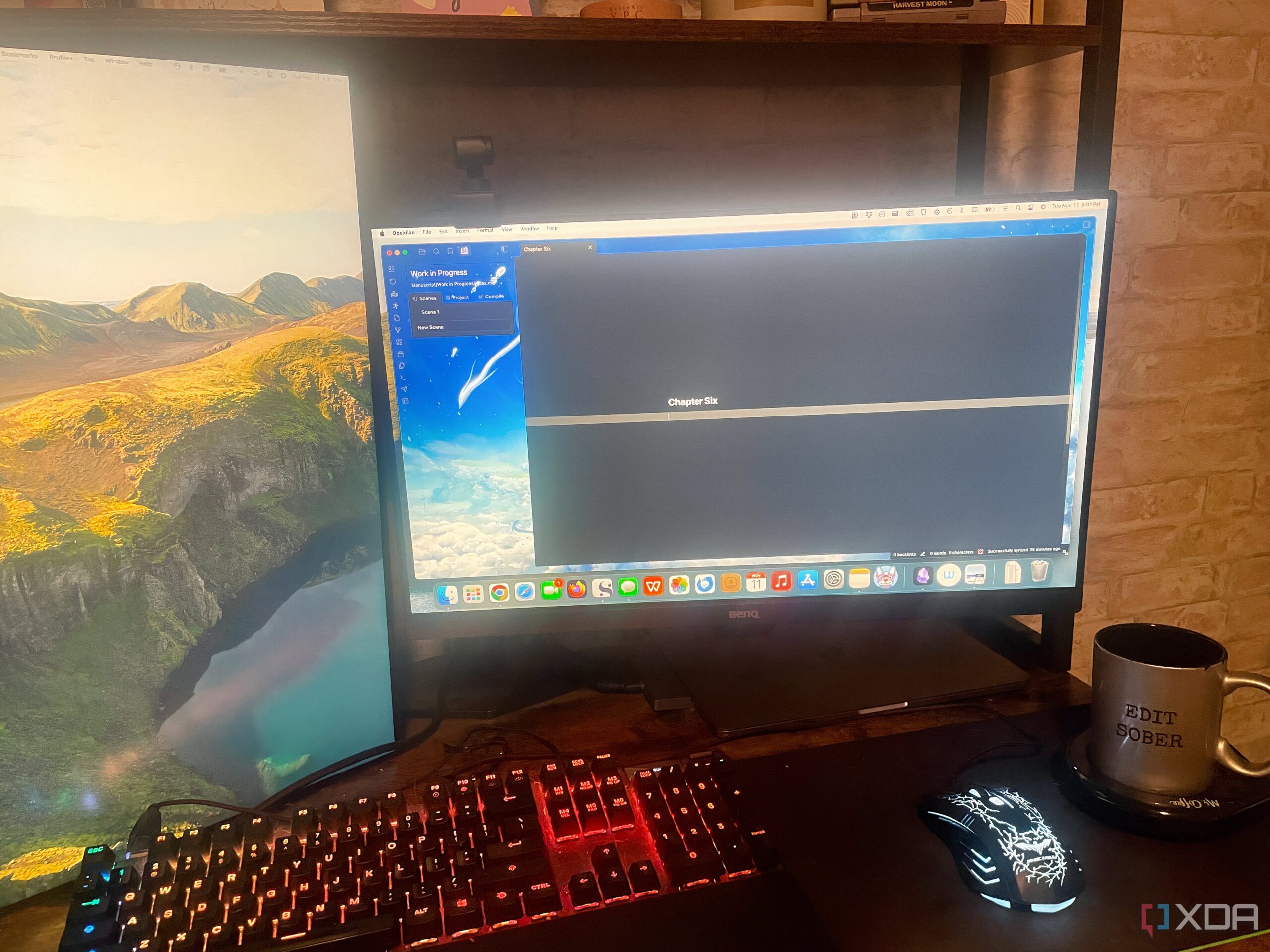BREAKING: Writers are rapidly embracing Obsidian as their go-to platform for novel writing, utilizing essential plugins to enhance their creative process. As of today, numerous authors are reporting significant productivity boosts by integrating five key plugins into their workflow.
This shift to Obsidian comes as many writers seek alternatives to traditional software like Microsoft Word and Scrivener, with feedback highlighting the platform’s versatility and cross-device functionality. The surge in Obsidian’s popularity is attributed to its expansive community of users who have developed plugins that streamline the writing experience.
Among the top plugins identified is the Novel Word Count, which tracks total word counts across projects. Users can now monitor their progress in real-time, a crucial feature for any serious writer. The plugin allows authors to exclude specific folders, ensuring that only relevant content counts towards their total, making it easier to stay on track.
Typewriter Mode is another favorite, designed to help writers maintain focus by dimming distractions and highlighting the active line. This feature has received rave reviews for its effectiveness in enhancing concentration, allowing writers to immerse themselves in their work without interruptions.
In addition, the ProZen plugin introduces a full-screen mode for individual notes, further promoting an undistracted writing environment. While it offers limited customization, the simplicity of the interface allows for a quick setup, letting writers dive straight into their creative flow.
For those who thrive on deadlines, the Word Sprint plugin has emerged as a game-changer. It encourages users to write continuously within a set timeframe, such as the popular 25-minute sprint, motivating them to produce raw content rapidly. This method not only increases output but also combats writer’s block by pushing authors to focus intensely for short bursts.
Perhaps the most impactful tool is the Longform plugin, which enables writers to organize their scenes effectively. It provides a dedicated folder structure and allows for customized workflows, making it almost as powerful as dedicated writing software like Scrivener. The Compile feature is particularly noteworthy, allowing authors to consolidate their work into a single document, facilitating easier editing and finalization.
As more writers transition to using Obsidian, it is clear that these plugins are not just enhancements but essential tools that redefine the writing process. Authors have shared their satisfaction with the platform, noting that the experience of drafting a novel in Obsidian has been both enjoyable and productive. With the current landscape of writing tools evolving, Obsidian stands out as a compelling option, particularly for those on Windows systems.
This trend is set to grow, with many authors sharing their success stories across social media platforms. For aspiring writers, these plugins may just be the key to unlocking their creative potential in ways previously thought impossible. Stay tuned for more updates as this innovative approach to writing continues to gain momentum.







































































